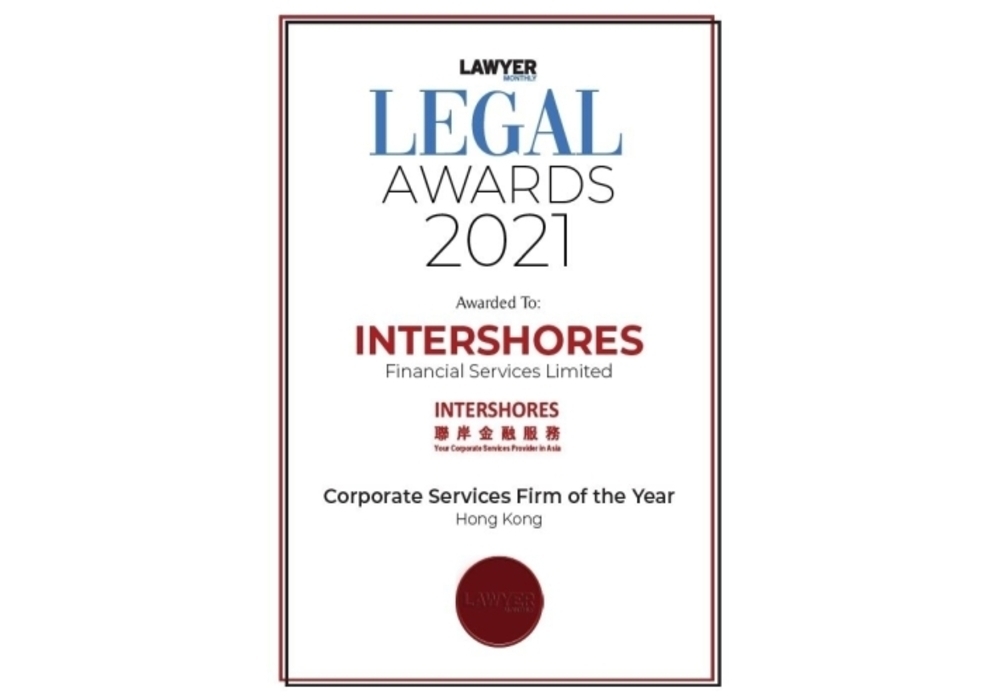|
European Union ("EU") expressed its concern over Hong Kong's foreign source income exemption (FSIE) regime which provides a tax exemption to a broad range of passive income without specific conditions and a substance requirement leading to double non-taxation of passive income booked in a Hong Kong shell company. As a response to their concerns, the Hong Kong Government has recently proposed a revised on FSIE regime. Under the proposal, Hong Kong will continue to adhere to the territorial source of principle of taxation.
1. However, Hong Kong constituent entities of a multinational enterprise (MNE) group, wherever headquartered and irrespective of group asset size and revenue, will be subject to a refined FSIE regime in respect of in scope offshore passive income received in Hong Kong. It means that the in scope offshore passive income will continue to be exempt from profits tax in Hong Kong if the entity satisfies the economic substance or nexus approach requirements. Pure equity holding companies will be subject to a reduced economic substance requirement. 2. Participation exemption will be introduced for offshore dividends and disposal gains of equity interests such that the relevant income will continue to be tax-exempt in Hong Kong if the conditions for the participation exemption are satisfied, regardless of whether the economic substance requirement is met. 3. Unilateral tax credit is introduced to avoid potential double taxation of offshore passive income.
The changes are expected to take effect from 1 January 2023 and apply to multinational enterprise groups only.
Refined FSIE Regime Covered Taxpayers
In other words, the following will not fall within the refined FSIE regime.
Covered Income In-scope passive income includes:
An active income (e.g. service income, trading income, etc.) is not a covered income and will continue to be exempt from profits tax if it is regarded as offshore sourced based on Hong Kong's existing source rules.
Condition For Exemption Under The Refined FSIE Regime Covered income received in Hong Kong by a covered taxpayer will continue to be exempt from profits tax only if the taxpayer meets the relevant economic substance or nexus approach requirements. Failing the relevant requirements would render the covered income deemed as having a Hong Kong source and will be subject to profits tax in Hong Kong.
The Economic Substance Requirement For Interests, Dividends, Equity Disposal Gains (Non IP Income) :
The Nexus Approach Requirement For IP Income (Qualifying IP Assets) - The portion of the qualifying IP income that is exempt from tax will be computed based on the nexus ratio i.e. the qualifying expenditure as a proportion of the overall expenditure that have been incurred by the covered taxpayer to develop the IP asset.
Below formula applies to determine the amount of income qualifying for profits tax exemption under the refined FSIE regime:
Qualifying expenditures incurred To develop the qualifying IP asset ------------------------------------ X IP income from the qualifying IP asset Overall expenditures incurred To develop the qualifying IP asset
- Taxpayers are allowed to uplift their qualifying expenditures by 30%, subject to a cap equal to the taxpayer's overall expenditures. - Profits tax exemption will not be available for (i) income derived from other IP assets (e.g. trademarks and copyright) and (ii) income from qualifying IP assets in excess of the nexus ratio. The Participation Exemption For Dividends And Equity Disposal Gains :
i) the investor company is a Hong Kong resident person or a non-Hong Kong resident person with a permanent establishment in Hong Kong;
Nonetheless, the proposed participation exemption is subject to the following anti-abuse rules:
- The switch-over rule. If the headline tax rate of iv) above is below 15%, the tax relief available to the investor company will switch over from the proposed participation exemption to a foreign tax credit. - The main purpose rule. The main purpose of any arrangement or series of arrangements undertaken by the investor company is to obtain a tax advantage that defeats the object or purpose of the participation exemption.
Introduction Of Unilateral Tax Credit in Hong Kong To provide double tax relief for in-scope offshore passive income that is subject to tax in both Hong Kong and a foreign jurisdiction that does not have a Double Taxation Agreement with Hong Kong, a unilateral tax credit will be provided. Unilateral tax credit is only applicable to in-scope passive income and will not be available for other income even though it may be subject to tax in both Hong Kong and overseas.
Timetable And Effective Date
If you want to set up your offshore entity in Hong Kong or would like to know more about this amendment, please contact us:
Whatsapp : (852) 6499 4686 Phone : (852) 2186 6936 Email : info@intershores.hk
Disclaimer: Whilst reasonable care has been taken in provision of information above, it does not constitute legal or other professional advice. INTERSHORES does not accept any responsibility, legal or otherwise, for any error omission and accepts no responsibility for any financial or other loss or damage that may result from its use. In particular, readers are advised to take appropriate professional advice before committing themselves to any involvement in jurisdictions, vehicles or practice. |
|


